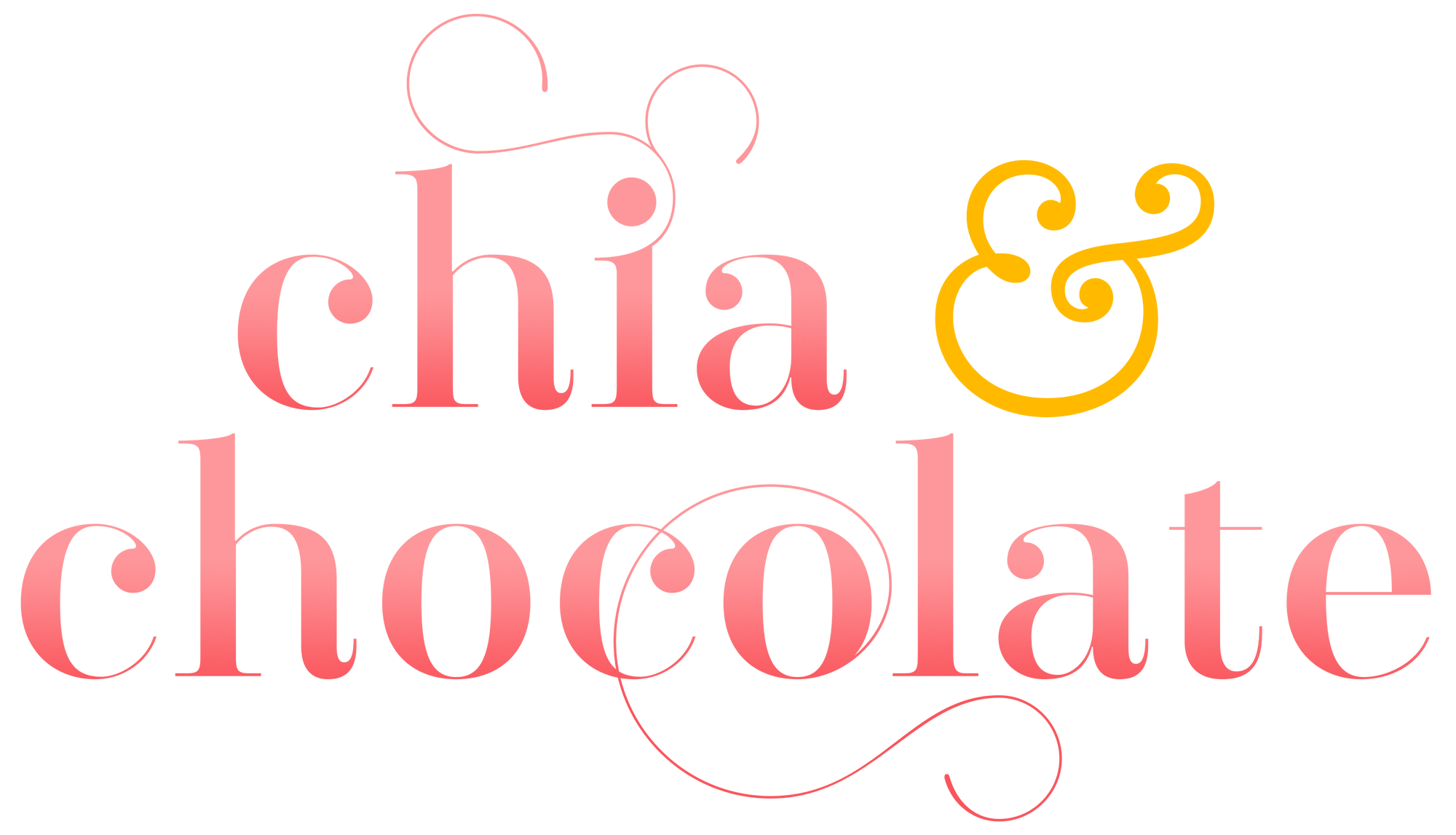Protect Your Breasts
I've had one of those months. You know the kind...bad news comes rolling in and then just piles up around you. A few weeks ago my closest friend from childhood (hard to believe, I've known this woman for 31 yrs!) was diagnosed with breast cancer. I've known women with breast cancer, and the news is always a huge blow, but when it landed right in my "family," it took me to a new level of sad and scared, and a feeling of deep urgency overtook me. I've read many books about cancer and natural healing and prevention, so the first thing I did -- after spending some serious girlfriend hours -- was to send her my favorites (a list of these transformational books is below).
The good news is that it was caught very early and, as of now, it's looking like this will be reasonably manageable, physically -- although she will be losing a breast, so the emotional toll is a much different story. Given all this, I'm inspired to share some important information about breast health.
What I'd like to cover today revolves around a very important mineral that is sorely lacking in our daily diet: iodine.
Up to 74% of healthy adults may not get adequate amounts of iodine. In the last 30 years, iodine levels have decreased over 50%. According to thyroid expert Dr. David Brownstein, more than 96% of his patients were tested iodine deficient. Note: since iodine levels started to decline in 1980, thyroid disease has become much more common.
Symptoms of iodine deficiency include, among other things: fatigue, cold hands and feet, "brain fog," increased need for sleep, dry skin, thinning hair, and constipation.
Today, studies are showing that adequate amounts of iodine are essential for breast health, whether a woman plans on breastfeeding or not. Lack of iodine may increase the risk of breast issues, as well as issues related to cognitive function, heart and mental health (2).
New Findings Link Iodine to Breast Health (from Dr. John Douillard)
Iodine has been shown to offer a powerful anti-oxidant support for the breast tissue equal to that of vitamin C (3). When the breast tissue is deficient in iodine, there may be an increase in lipid peroxidation (cell damage), one of the first indicators of breast health risk (4).
Low iodine levels have been shown to increase the amount of circulating estrogens in the breast. Consequently, iodine-deficient breast tissue has shown an increase of estrogen receptor proteins, making iodine-deficient breasts a target for toxic estrogens and thereby increasing the risk of breast health issues (5).
Stress is also a big contributor to the health of the breasts and thyroid. Excess levels of cortisol-a stress hormone-have been linked to a weakened system and breast health issues. Iodine helps support healthy cortisol levels (6).
In animal studies, iodine was shown to support protective breast health by 2.5 times (7).
At a dose of 3-6mgs per day, iodine was shown to support healthy breast tissue by 65% as assessed subjectively by the patients and their doctors (9).
Where to get iodine?
Sea vegetables such as kombu, also called kelp, may be the most reliable dietary source -- although, radiation contamination must be considered. Eggs, cooked beans, and fish (especially cod, haddock, sea bass, and perch) and shrimp are also a great source. I try to get sea vegetables into my kids whenever I can; I make them quick-fried sesame oil & sea salt nori (this is like what you can buy in the store in little packs these days, except the homemade version uses a healthy oil), and throw dried kombu into any soups and stews I make (remove the kombu when done cooking).
It is safe to supplement with iodine with 3-6mgs, or 3000-6000mcg of iodine per day to help support optimal breast health. Make sure that your supplement contains Iodine and iondide for best absorbability. Taking a "seaweed" supplement such as Kelp or Bladderwack (this is what I take) is a safe and effective way to boost your iodine levels.
Feeling inspired? Click here for some easy, tasty sea vegetable recipes to add to your repertoire.
Here are a few of my favorite books for people fighting cancer, and for healthy people wanting to prevent it: Anticancer: A New Way Of Life by David Servan-Shreiber Crazy, Sexy Diet by Kris Carr The Cancer Fighting Kitchen by Rebecca Katz
--------------------
References 1. Med J Aust. 1999. Nov 1;171(9):476-70 2. Life Extension 2011. Oct; 43-51 3. Med Rev. 2008. Jun. 13(2);116-27 4. Med Rev. 2008. Jun. 13(2);116-27 5. Lancet. 1976. Apr 24; 1(7965): 890-91 6. J Neuroendocrinol. 2000. Dec 12; (12):1149-59 7. Mol Cell Endocrinol. 2005. May 31; 236 (1-20) 49-57 8. J Biol Chem. 2006. Jul 14: 281(28):19762-71 9. Can J Surg. 1993. Oct 36; (5):453-60 10. Life Extension 2011. Oct; 43-51 11. Life Extension 2011. Oct; 43-51 12. Brownstein. Iodine. Medical Alternatives Press, 2009 13. Life Extension 2011. Oct; 43-51
14. Brownstein, Iodine. 2009. Med. Alt Press. p.58
